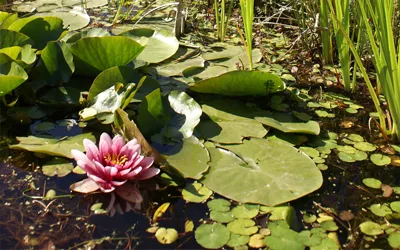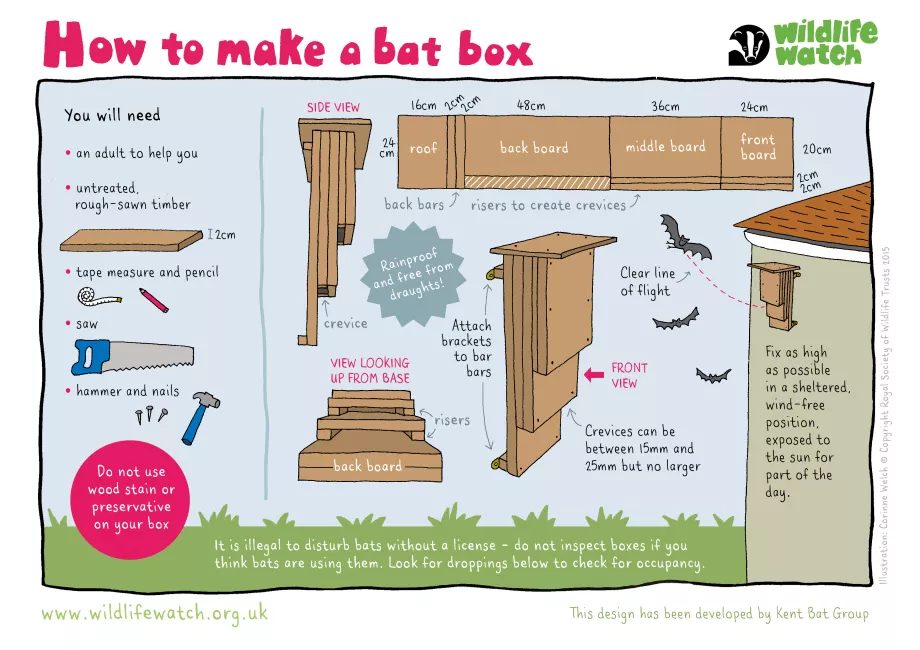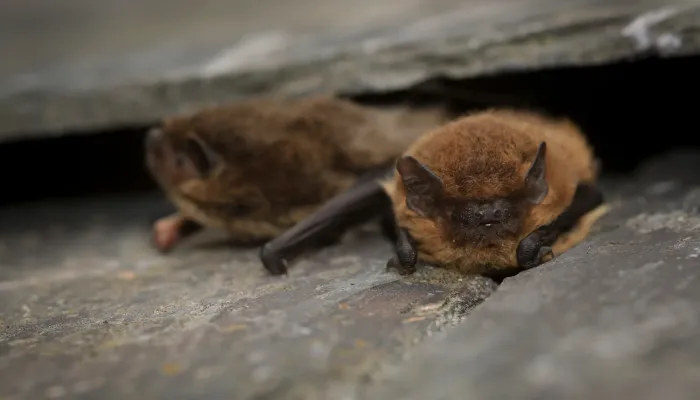
Problems for bats
There are a few things that it’s important not to do too, like using chemicals. This includes artificial fertilisers as well as pesticides. Artificial fertilisers are environmentally damaging and polluting, both in their production and use.
Do you have external lighting on your house? Such lighting prevents or causes bats to delay emergence from their roost and cuts down the amount of time they have to forage, so removing or reducing this can be beneficial. Some bat species avoid areas with artificial lighting and this reduces the places they can feed and breaks up feeding corridors.
Sticky insect traps and clothes moth traps can be dangerous for bats as they are attracted to any insects stuck to them and can become trapped themselves. If you have to use one, enclose it in some fine mesh so that the insects can get through but the bats can’t.
Bats and cats
If you have a cat, one of the most important things you can do is to keep it indoors from half an hour before sunset and until half an hour after sunrise – and at the very least, for 90 minutes around those times. This is especially important during the months of June to September when bats are raising young. They can be very chatty at this time and cats can hear them and be attracted to the roost. Once they’ve found a roost, the bats are very vulnerable as cats will often return to hunt time and time again, sitting on roofs, walls, and fences to swat the bats as they emerge. According to the Bat Conservation Trust (BCT) around 30% of bats that are rescued have been caught by cats and of those only 14% will recover to be returned to the wild.
Bat boxes and habitat

Bats also need shelter and somewhere to breed. A bat box is the obvious answer and can be installed in a tree or house-side. BCT have some excellent information on their website that you may find useful to help choose the right site and option for you and your local bats.
For more information about Kent’s bats visit Kent Bat Group and for further information on gardening for bats and other wildlife visit Wild About Gardens.
Read more:

